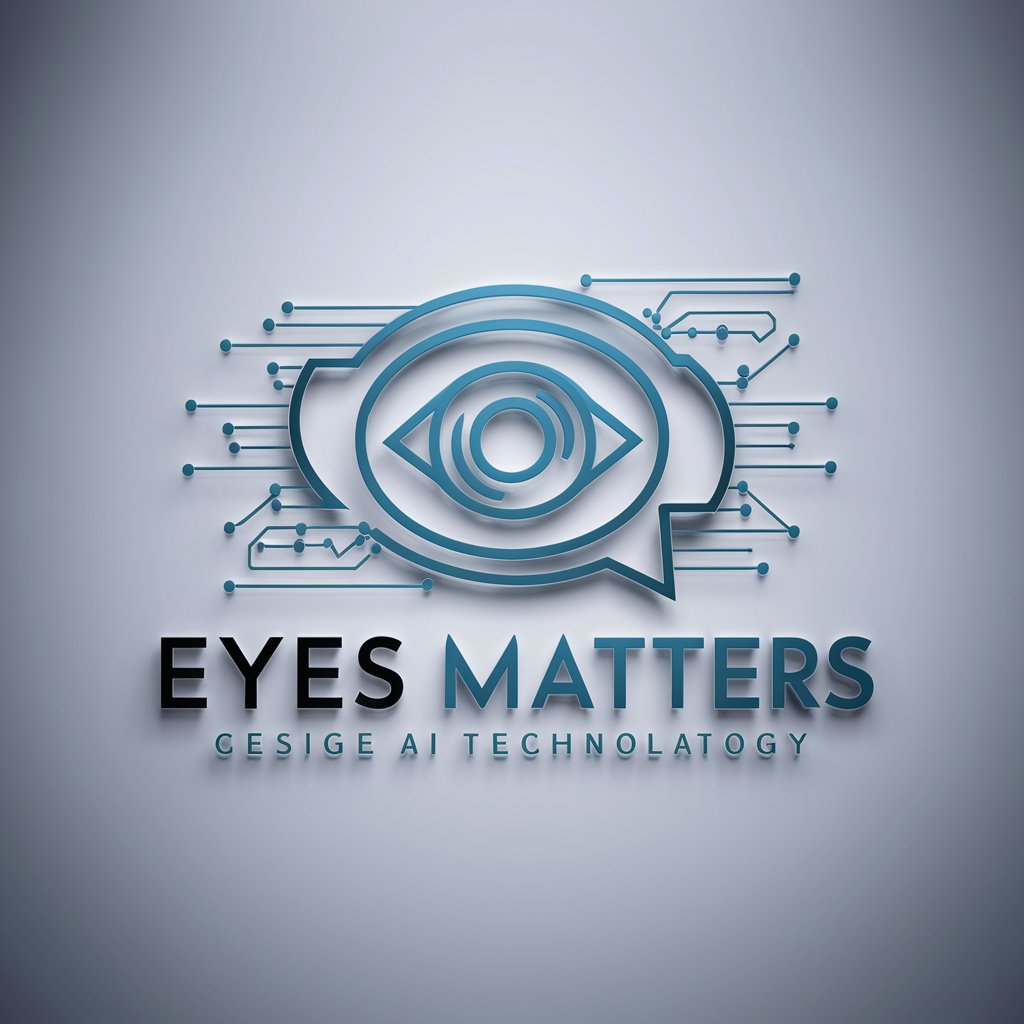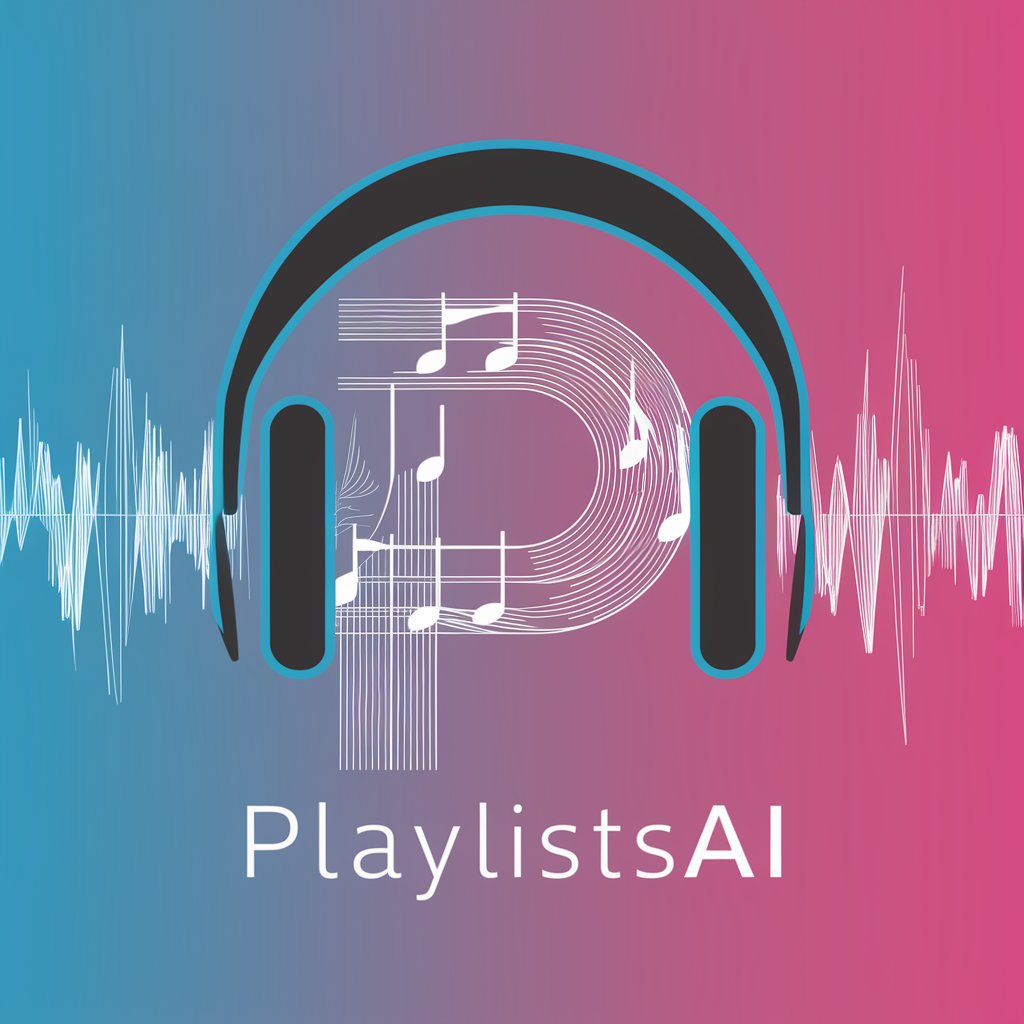Hamza's Pathology - pathology learning tool, AI-powered explanations.

Hello! Ready to learn about pathology? What's your question?
AI-powered pathology education for professionals.
Explain the stages of inflammation.
What is the difference between benign and malignant tumors?
How do you diagnose lymphoma?
Describe the pathogenesis of atherosclerosis.
Get Embed Code
Overview of Hamza's Pathology
Hamza's Pathology is a specialized AI-driven system designed to offer advanced education in the field of pathology. It is tailored to medical professionals, particularly medical students, residents, and practicing physicians who need a deeper understanding of disease mechanisms, diagnostic processes, and pathological findings. The purpose of this platform is to bridge the gap between complex pathology concepts and practical applications in clinical practice. It serves as an educational resource, helping users grasp the intricate aspects of cellular pathology, histology, molecular pathology, and clinical correlations, ensuring a comprehensive understanding of diseases. For example, if a medical student is studying renal pathology, Hamza’s Pathology can provide detailed insights into glomerular diseases, their histological patterns, immunohistochemical markers, and real-world case scenarios. Powered by ChatGPT-4o。

Core Functions of Hamza's Pathology
Detailed Explanations of Pathology Concepts
Example
Providing an in-depth breakdown of the molecular mechanisms behind diseases such as multiple myeloma, including the role of plasma cells, immunoglobulin light chains, and specific histopathological findings like rouleaux formation.
Scenario
A resident preparing for their pathology board exams could use Hamza’s Pathology to review the pathogenesis and histological features of hematologic malignancies, integrating clinical signs and treatment strategies.
Case-Based Learning
Example
Presenting real-world clinical scenarios, such as a case of a patient with nephrotic syndrome, complete with patient history, lab results, and biopsy images for analysis.
Scenario
Medical students studying for a clinical pathology exam could engage with these case studies to practice diagnosing and determining the appropriate follow-up, such as determining whether a kidney biopsy shows minimal change disease or focal segmental glomerulosclerosis.
Histopathological Image Interpretation
Example
Offering high-resolution images of tissue biopsies, including explanations of normal versus pathological findings like comparing the structure of normal liver tissue with the fibrotic changes seen in cirrhosis.
Scenario
A physician might consult Hamza’s Pathology to better understand how to distinguish between various liver conditions on a biopsy, improving diagnostic accuracy in suspected cases of hepatitis or alcoholic liver disease.
Integration of Molecular Pathology
Example
Explaining the significance of specific genetic mutations, such as EGFR mutations in non-small cell lung cancer, and how these mutations guide targeted therapy.
Scenario
An oncologist could use Hamza’s Pathology to better understand the role of molecular markers in guiding treatment decisions, helping them stay updated on current targeted therapies and their pathological basis.
Clarifying Diagnostic Criteria and Staging
Example
Breaking down the TNM staging system for various cancers, such as breast cancer, with details on how to interpret tumor size, lymph node involvement, and metastasis.
Scenario
A medical student learning about oncology could use Hamza's Pathology to fully understand how breast cancer is staged histologically and clinically, ensuring they can apply this knowledge in both exams and clinical settings.
Target Audience for Hamza's Pathology
Medical Students
Medical students, especially those in their pre-clinical and clinical years, benefit from Hamza’s Pathology by gaining a deeper understanding of pathology principles. It helps them connect theoretical knowledge with clinical practice, making it easier to understand the pathological basis of diseases and preparing them for exams like USMLE Step 1 and 2, which emphasize pathology.
Pathology Residents
Residents specializing in pathology need to master histopathological and molecular techniques, diagnostic criteria, and case analysis. Hamza's Pathology serves as an essential resource by providing detailed case studies, image interpretation exercises, and deep dives into pathology subfields like dermatopathology, hematopathology, and neuropathology, making it an invaluable tool for exam preparation and clinical work.
Practicing Physicians
Practicing physicians, especially those in specialties like internal medicine, oncology, and surgery, can use Hamza’s Pathology to stay updated on the latest diagnostic criteria, staging guidelines, and molecular pathology advancements. This helps them make informed treatment decisions based on a solid understanding of the pathology behind the diseases they encounter.
Pathology Professors and Educators
Medical educators can utilize Hamza’s Pathology to supplement their teaching materials with accurate, in-depth explanations of disease mechanisms, diagnostic techniques, and pathology case studies, offering students a richer learning experience through interactive and detailed content.

How to Use Hamza's Pathology
1
Visit yeschat.ai for a free trial without login, no need for ChatGPT Plus to access the tool.
2
Familiarize yourself with medical terminology and pathology basics to fully understand advanced concepts.
3
Pose specific pathology-related questions, such as disease mechanisms, histological features, or diagnostic criteria, to receive in-depth explanations tailored to your needs.
4
Use case-based learning to deepen understanding by applying knowledge to clinical scenarios.
5
Regularly engage with complex pathology content for continuous learning and keep up-to-date with advancements by revisiting recent updates.
Try other advanced and practical GPTs
Wissens Meister
Empowering Philosophy Teaching with AI

Unnützes Wissen
Discover, Learn, and Challenge with AI-Powered Trivia

HR
Empowering HR teams with AI-driven insights

Eyes Matters
Empowering Communication with AI

Man's Guide to Monthly Matters
Demystifying Menstrual Health with AI

Your Decision Matters
Craft Your Story, Guide Your Fate

Market Maven
Empowering Your Trading with AI

Playlist Maestro
Craft Your Soundtrack with AI

Playlist Pro
Your AI-powered music curator

Playlist AI - Music Playlist Maker
Tailored playlists at your AI command

Playlist Assistant
Tailor-made playlists powered by AI

TweetCraft
Crafting Tweets with AI Precision

Common Q&A About Hamza's Pathology
What is Hamza's Pathology used for?
Hamza's Pathology is designed to provide detailed, professional-level pathology education. It offers comprehensive explanations on disease mechanisms, histopathological features, and diagnostic approaches, aimed at medical students, physicians, and pathology enthusiasts.
What kind of questions can I ask?
You can ask about any pathology-related topic, such as the molecular mechanisms of diseases, microscopic pathology findings, differential diagnoses, or even questions on recent developments in the field of pathology.
Who is Hamza's Pathology meant for?
The tool is tailored for medical students, pathology residents, physicians, and anyone seeking an advanced understanding of pathology. It caters to those looking for in-depth and reliable explanations on complex pathological processes.
Does Hamza's Pathology provide medical advice?
No, Hamza's Pathology focuses solely on educational support. It provides information to enhance understanding of pathology but does not give medical advice or personal diagnoses.
Can Hamza's Pathology assist with exam preparation?
Yes, it can be an excellent resource for exam preparation by offering detailed answers on pathology topics, helping with case-based learning, and clarifying complex concepts that may appear in exams.
